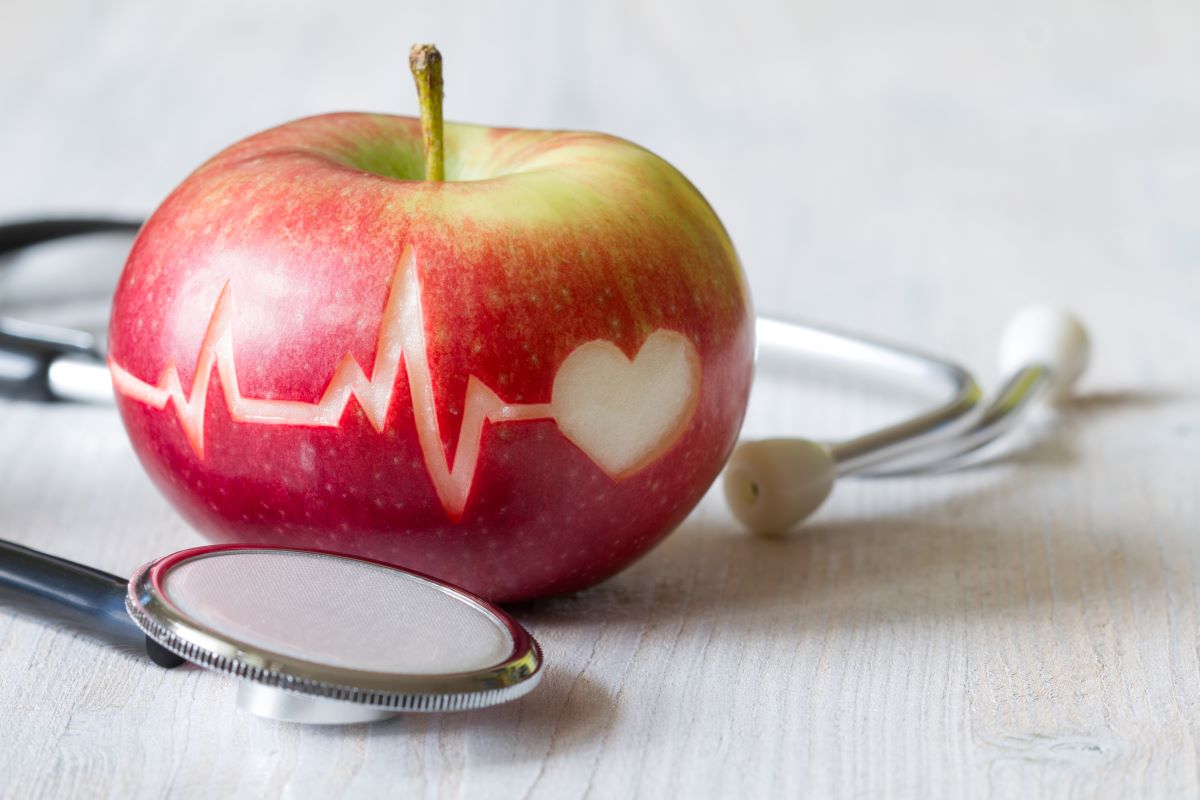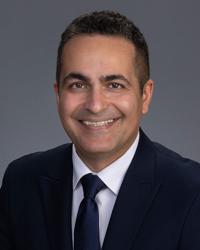
The holiday season is a time for family reunions, relaxation and celebration. However, the risk of heart attacks can rise due to stress, unhealthy eating habits and neglecting routine self-care during this time. Being aware of the symptoms, taking preventive measures and practicing self-care can help make your holiday season safer and more enjoyable.
Heart attack symptoms
Recognizing the symptoms of a heart attack is crucial, as early intervention can be life-saving. Common symptoms include:
- Chest discomfort (pain, pressure, tightness or squeezing)
- Shortness of breath
- Nausea and vomiting
- Cold sweats
- Lightheadedness
Symptoms can vary, and women may experience more subtle signs, such as nausea, fatigue or upper back pain.
Why the holiday season carries a higher risk of heart attacks
Several factors contribute to an increased risk of heart attacks during the holiday season:
- Overlooking health measures: Skipping medications, lack of exercise and ignoring symptoms can raise heart attack risk.
- Stress: Holiday planning, travel, expenses and family dynamics can increase stress levels.
- Poor diet: High-carbohydrate and high-fat foods can contribute to cardiac events.
- Alcohol intake: Excessive alcohol consumption can lead to irregular heart rhythms, sometimes referred to as “holiday heart syndrome.”
Preventive measures
Incorporating healthy habits can significantly reduce heart attack risks:
- Maintain a healthy diet: Limit holiday treats and focus on heart-healthy foods like fruits, vegetables, whole grains, nuts and lean proteins. Be mindful of portion sizes.
- Manage stress: Practice relaxation techniques such as meditation, mindfulness and deep breathing.
- Stay active: Engage in physical activities like walking or yoga to reduce stress, but avoid overexertion if you’re not used to it.
- Limit alcohol: Avoid binge drinking.
- Stick to your routine: Stay hydrated, monitor your blood pressure and take your medications as prescribed.
- Get enough sleep: Aim for 7-8 hours of sleep each night and avoid heavy meals, caffeine and alcohol before bedtime.
Self-care practices
Prioritizing self-care during the holiday season is essential:
- Don’t ignore symptoms: Seek medical attention even if symptoms are mild.
- Set limits: Avoid overindulgence and ensure time for rest.
- Plan ahead: Minimize stress by organizing holiday tasks in advance and avoid overcommitting.
- Stay connected: Share your feelings with family or a support group to reduce emotional stress. Don’t hesitate to ask for help if you’re feeling overwhelmed.
- Be prepared: Know the location of the nearest hospital and keep emergency contact numbers handy.
When to seek help
If you experience heart attack symptoms:
- Call 911 immediately.
- Chew an aspirin, if you’re not allergic and have no signs of bleeding.
- Stay calm and rest to minimize stress on your heart.
By prioritizing heart health, you can ensure that your celebrations are both safe and enjoyable. With awareness, preventive measures and self-care, you can reduce the risk of heart attacks and focus on creating lasting memories with your loved ones.
Stay healthy and safe, and Happy Holidays!
Learn more about Northside Hospital Heart Institute.

